The online world is full of information. How do you stand out from the crowd and build trust with your users? Social Proof, or social proof, plays a central role in this. In this guide, you will learn how to effectively use Social Proof according to the EAT Principle (Expertise, Authority, Trust) to improve your website quality and positively impact user experiences.
Key Insights
- EAT stands for Expertise, Authority, and Trustworthiness, which Google considers when evaluating page quality.
- Social Proof is a crucial element to meet these requirements.
- The proper presentation of customer reviews, testimonials, and media coverage can increase trust with your users.
- A well-structured press kit helps increase your visibility in the media.
Step-by-Step Guide
1. Understand the EAT Principle
To improve the quality of your website, you should understand the basics of the EAT Principle. Expertise, Authority, and Trustworthiness are not only important for Google but also for your users. Familiarize yourself with Google's guidelines on page quality and learn which content and elements play a role in evaluation.
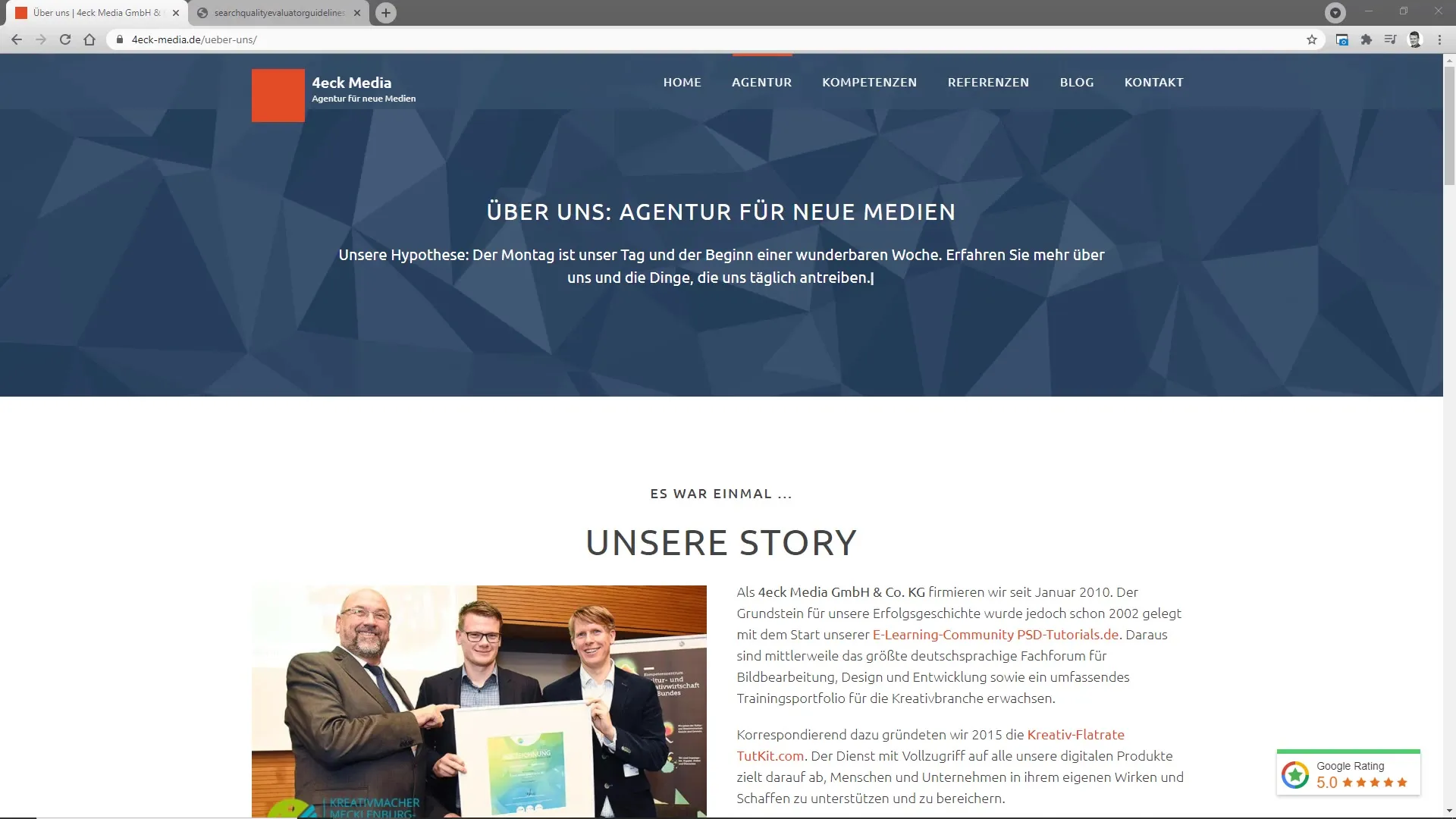
2. Build Social Proof
One of the most effective methods to create Social Proof is by showcasing reviews and testimonials. For example, you can add a widget to your shop that displays the number of positive reviews. This shows potential buyers that many other users have already made trustworthy purchases from you.
3. Use High-Quality Testimonials and Case Studies
Testimonials from well-known companies or satisfied customers highlight your Social Proof. Make sure to include quotes or references from prominent individuals or brands who have used and positively reviewed your service or product. Show that others trust you.
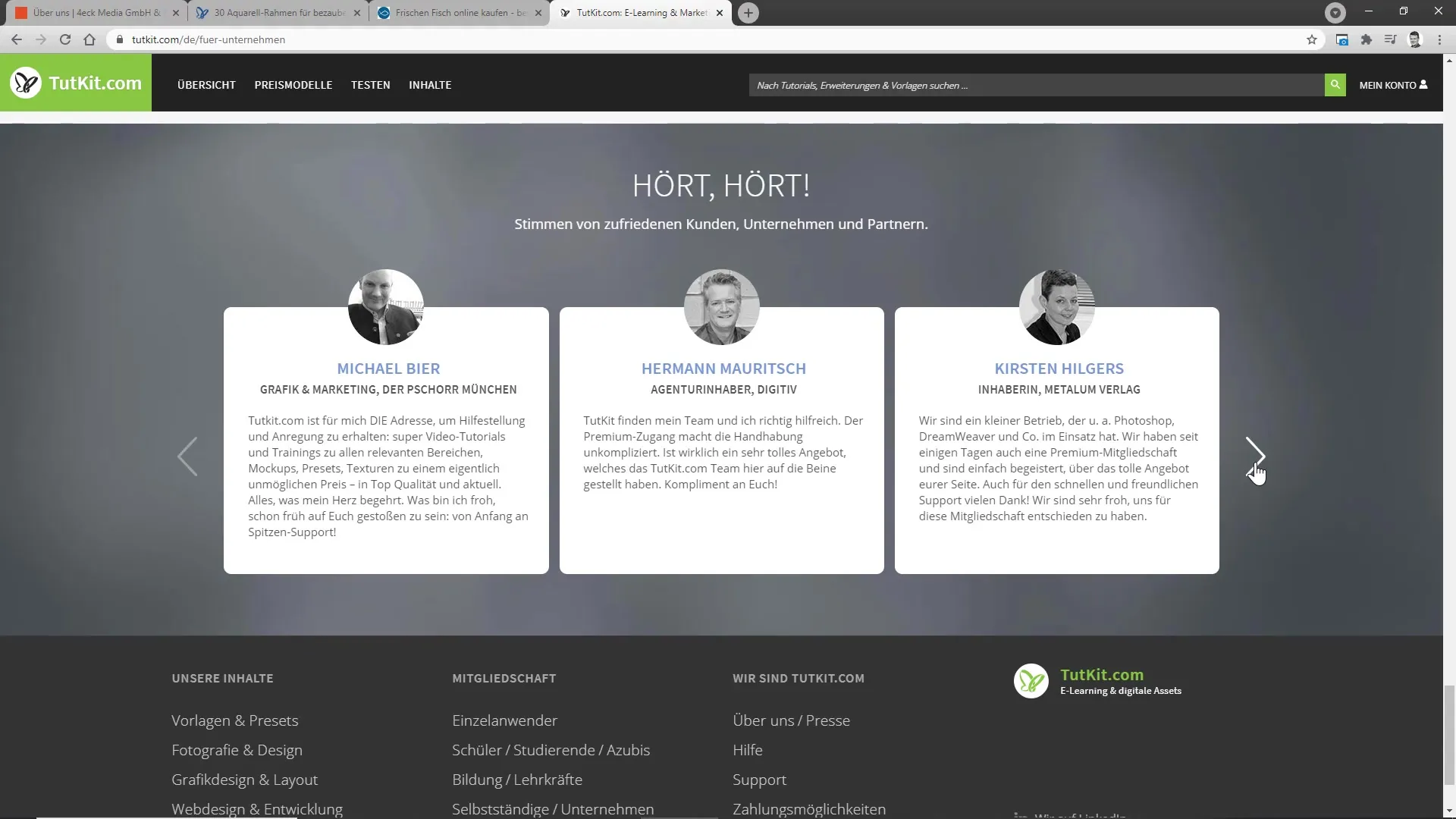
4. Provide a Press Kit
Make it easier for media outlets to report on you by providing a comprehensive press kit. This should include your logo, images of executives, and hundreds of article offerings. A well-structured press kit makes it easier to be mentioned in important media, increasing your Social Proof.
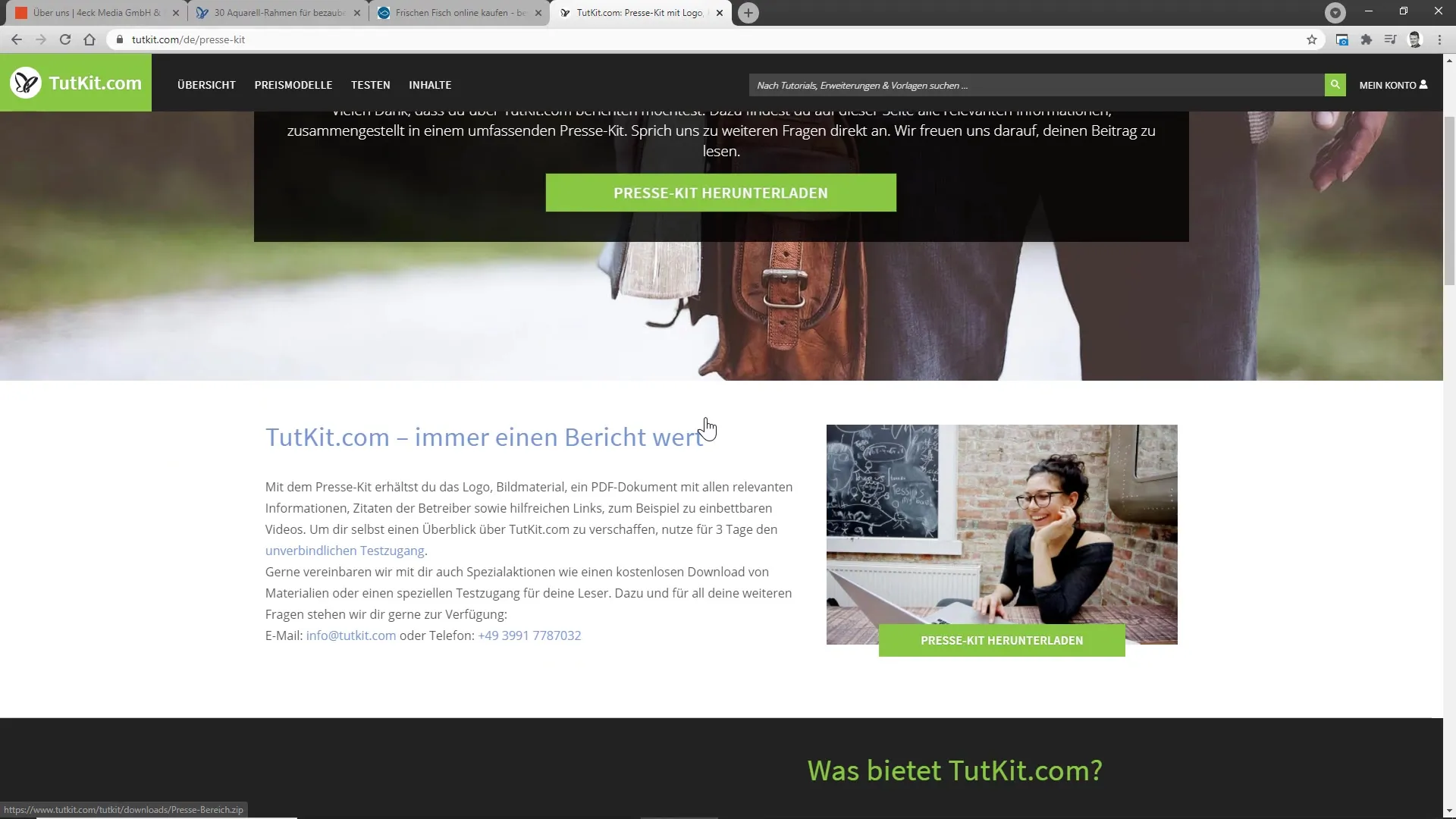
5. Monitor and Analyze Media Publications
Use tools or services like the German Journalist Service (djd) to get coverage. Analyze how often your company is mentioned in the press and use this information to boost your Social Proof. The feedback and reach of these articles can be crucial.
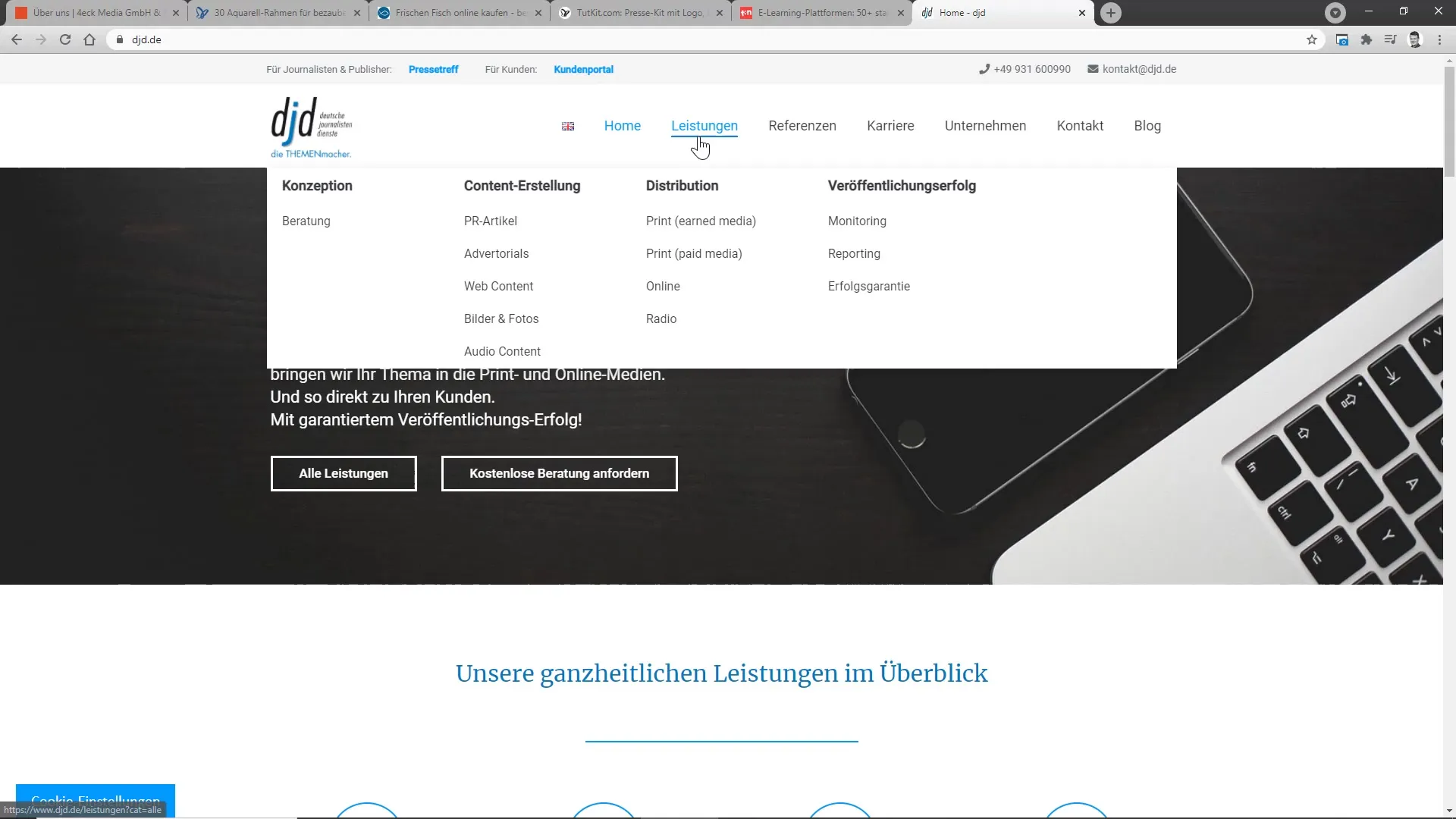
6. Display Awards and Partnerships
If you have awards or partner companies, showcase them prominently on your website. Logos of companies you collaborate with can also convey a sense of trust and credibility. Remember to always check the appropriate rights before using logos.
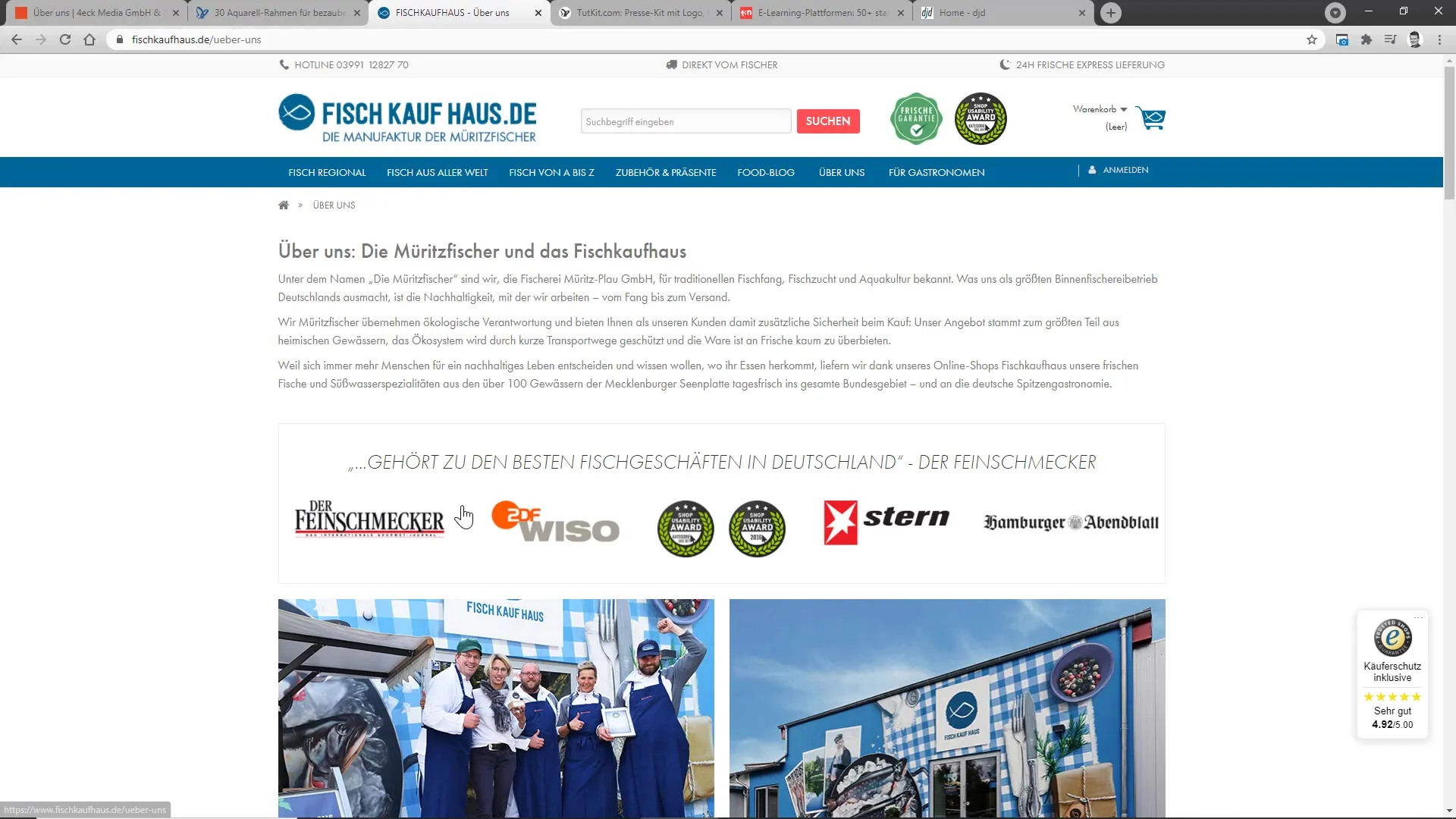
7. Encourage User Reviews on Platforms
Encourage your customers to share their experiences on review platforms like Google and Facebook. These reviews not only enhance your Social Proof but also contribute to the search engine optimization (SEO) of your site. Keep in mind that the quality and quantity of reviews are important.
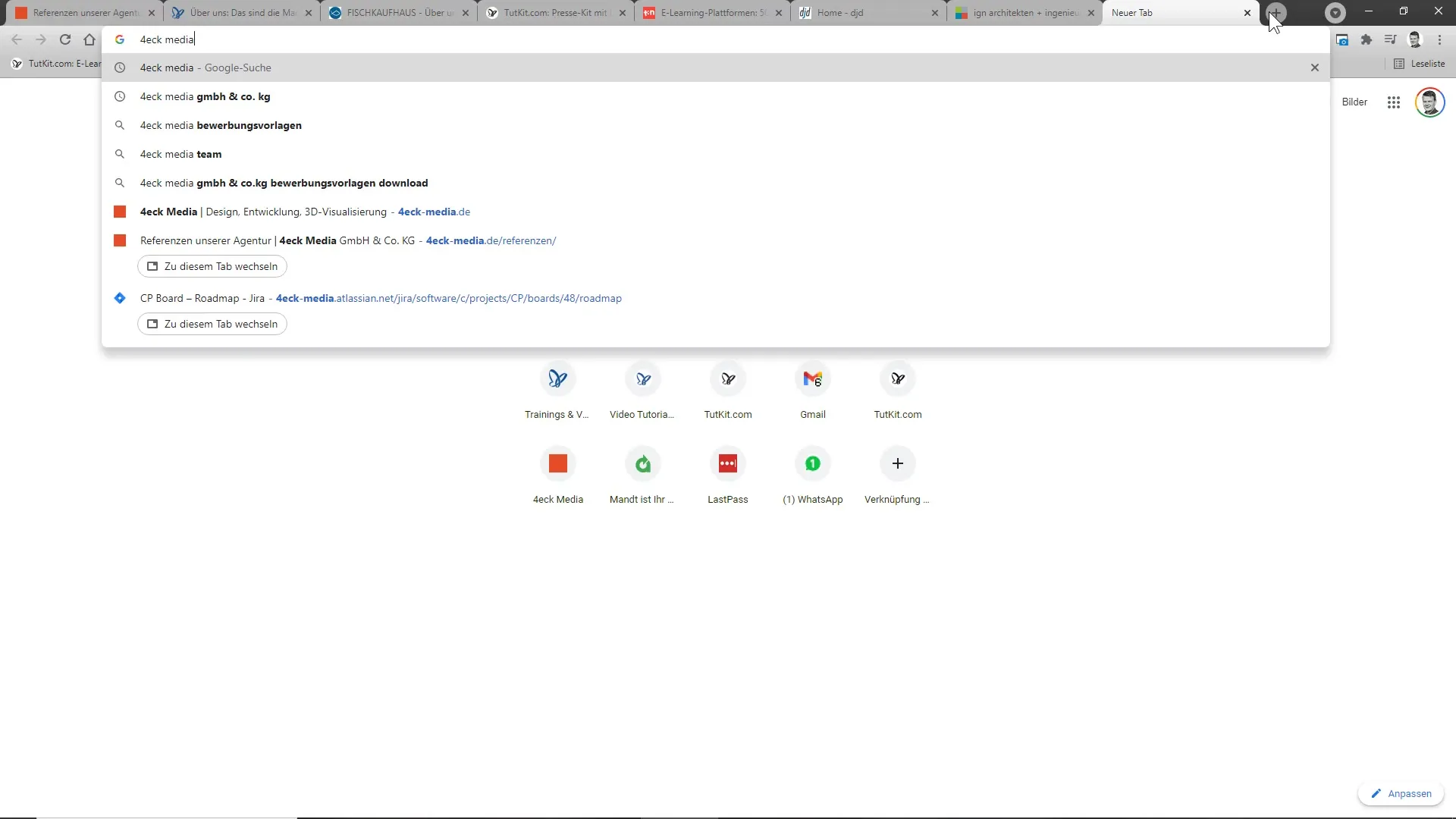
Summary
By implementing the steps mentioned above, you can enhance your visibility and credibility on the internet. The combination of good Social Proof and an understanding of the EAT Principle will positively impact user experience and make your website more valuable to your customers.
Frequently Asked Questions
What is Social Proof?Social Proof refers to social proof that influences user trust and purchasing decisions.
How can I integrate Social Proof on my website?You can display reviews, testimonials, press articles, and awards visibly on your website.
What is the EAT Principle?EAT stands for Expertise, Authority, and Trust and is crucial for Google's evaluation of page quality.
Why are reviews important for my site?They show potential customers that other users have had positive experiences, influencing their purchasing decisions.
Who can help me create PR articles?Services like djd offer assistance in content marketing and PR article creation.


